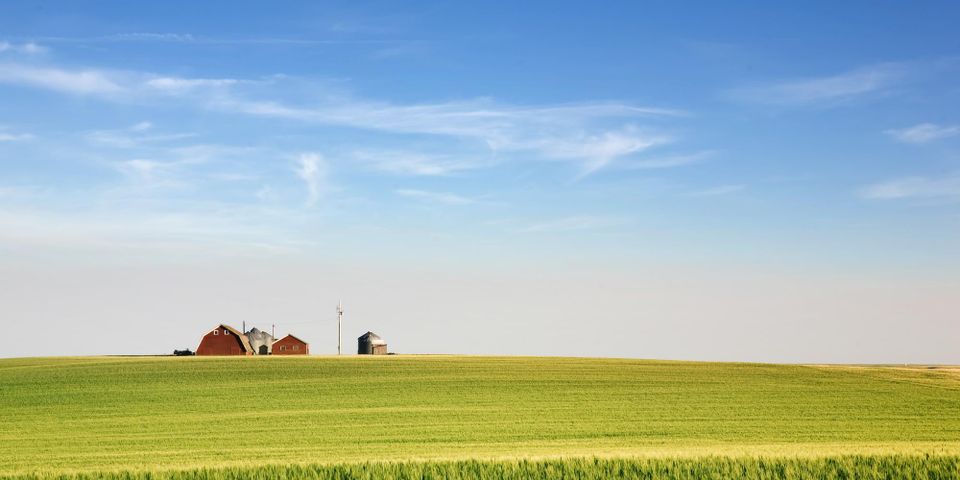3 Vital Erosion Control Tactics For Farmland

Soil erosion is a natural process, largely fueled by wind and rain. While this is normally kept to a manageable level, poor land management, sudden storms, and other issues can cause farmland to suffer periods of extreme erosion that damage crops and property. Following a few erosion control best practices will help you maintain and protect your land.
Top 3 Erosion Control Tips For Farmers
1. Minimize Tilling
Tilling is a common practice at the end of the harvesting season to remove crops and plow the land. However, this interrupts the soil structure, and the bare soil becomes more vulnerable to wind and water erosion. With no-till farming, crops are left in the soil, where they break down naturally. This returns nutrients to the soil and protects it from erosion.
2. Protect Bare Soil With Cover Crops
 Between planting seasons, the use of a cover crop can ensure better soil coverage for fields and pastures. Perennial ryegrass, white clover, and other cover crops slow erosion of the top soil while also improving the overall soil quality. For example, white clover can increase nitrogen levels in the soil to spur future crop growth.
Between planting seasons, the use of a cover crop can ensure better soil coverage for fields and pastures. Perennial ryegrass, white clover, and other cover crops slow erosion of the top soil while also improving the overall soil quality. For example, white clover can increase nitrogen levels in the soil to spur future crop growth.
3. Plant Windbreaks & Buffer Strips
Creating natural barricades around your fields can also mitigate excess erosion. Planting trees or high shrubs in perpendicular rows next to the fields will slow down powerful winds. A line of shrubs and grass along fences and waterways will mitigate runoff. These natural windbreaks and buffer strips prevent erosion while also establishing clear boundaries for your fields and farmland.
If you need help managing erosion control for your farmland, contact Beckham Septic Tanks & Ditching Service. Serving the Enterprise, AL, area since 1947, this excavation contractor uses top-quality equipment and a service-first mindset to ensure excellent results for your property. To learn more about their excavation services or to request a free estimate, visit them online or call (334) 347-2362.
About the Business
(59 reviews)
Have a question? Ask the experts!
Send your question

